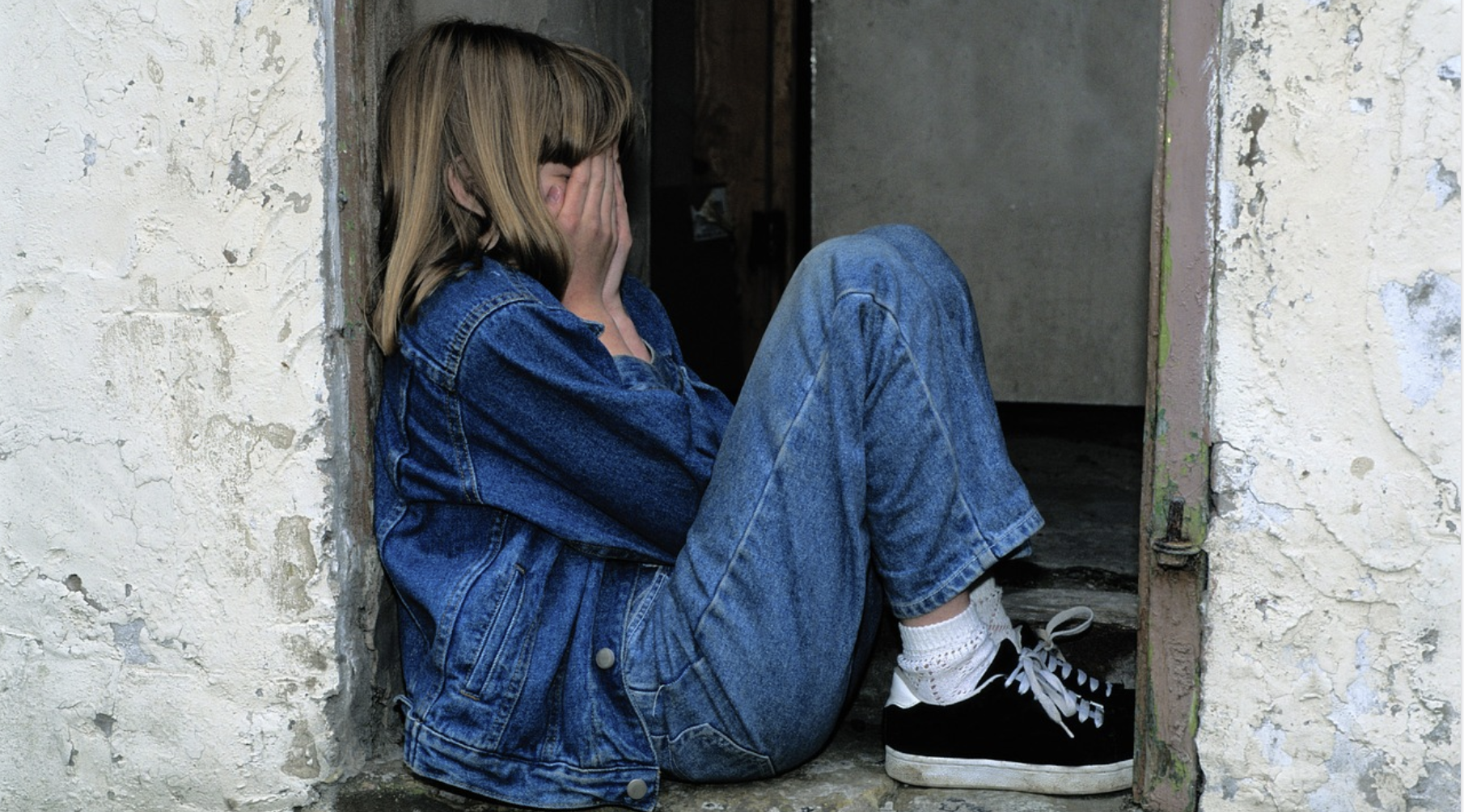Klesa-s/Klesha
Mental-emotional afflictions.
The more I read about klesha, the more I realized that it almost embodies the human experience. We are ignorant about some things – most things. We have an ego that likes to trip along its path. We yearn for pleasurable experiences, and we try our best to avoid painful experiences. And at some point in our lives, since we are aware of it, we all fear death. In my understanding, if we are able to get past these and remove the cause of these emotions, then we can face our future unclouded.
At which point I wonder, do we want to face all events without our past experiences? In some cases, yes, it can hinder our actions. But in others, it can be helpful. Maybe I’m misunderstanding the premise of klesha, but if we are the sum of our past experiences, using that past is what makes our present legitimately ours.
There are some principles of yoga that I have struggled to embrace 🙂
BUT, I am currently reading “The Body Keeps Score”, which is FANTASTIC. I was expecting a boring academic book, but it is enthralling. So much of our emotions and experiences are stored in the body and we stuff down the physical reactions (because we like to think of ourselves as above the base instincts of our animal selves), which then just causes further problems down the road of our lives. I’m not very far in the book, but so far I am really enjoying it.
Back to klesha – I hope there is a way to use our knowledge of our past without letting those experiences and conclusions cloud any current or future experiences and reactions.
One of the prompts in my book is to think about typical reactions and explore when/why it happens. A lifelong, consistent reaction I have always had is to avoid conflict. I will make an excuse to run away from conflict; at this point, it’s become part of who I am. I don’t know if it’s because I can’t think clearly in the moment and my best arguments take place in the shower, or I am afraid of people being mad at me (the fear-based part of this reaction), or if I just don’t want to be wrong. I had to google why people are conflict-averse: one of the things it says is that you grew up in an environment that was dismissive (unlikely) or hypercritical (arg, that whole oldest child thing gets ya every time). (Mom this is not you.) The good news is that the older I get, the more likely I am to stick around for a disagreement, especially face to face. (Although I’d much rather write a note.) It can be uncomfortable and I still can’t come up with a decent comeback, but I usually won’t internally wither up and want to die.

Ultimately, I think klesha is about focusing on the present and what our reactions are in the present. I hope that our past experiences can inform our reactions and help us make better choices to not continue a cycle of poor reactions. While we can work to root out the cause of our kleshas, I feel like we should be able to learn from them rather than dismiss them entirely. I know this is kind of counter to focusing on the present, but we are humans, after all.